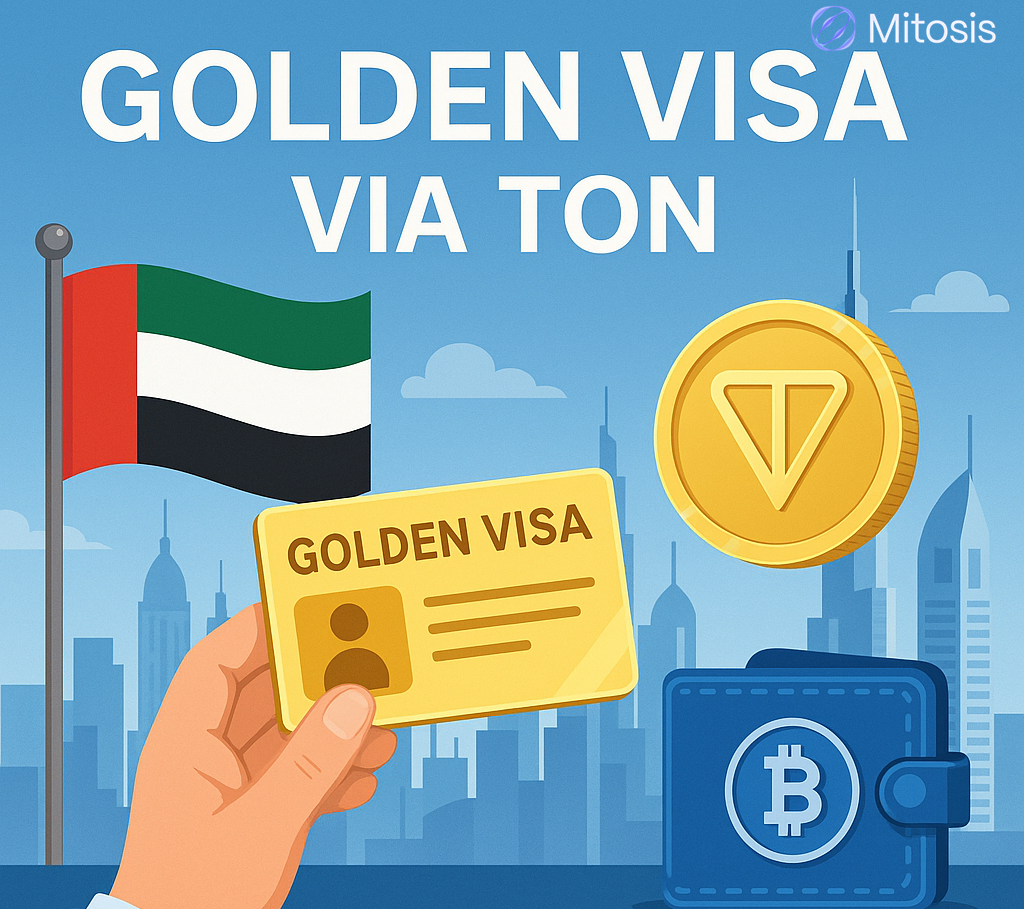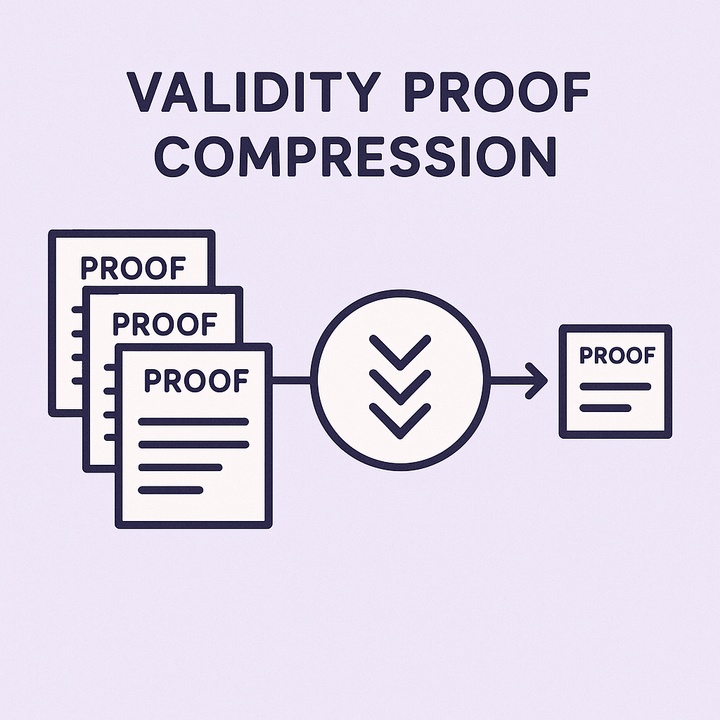Golden Visa via TON: A New Era of Crypto Migration?

In a groundbreaking convergence of crypto finance and global migration policy, a new initiative has emerged, one that allows investors to gain residency through staking Toncoin (TON). Dubbed the "Golden Visa via TON," this novel mechanism presents a powerful symbol of the shifting tides in citizenship, investment, and blockchain utility.
But what does this actually mean for crypto holders? And could it turn places like the UAE into the global capitals of digital nomadism and Web3 citizenship?
Tokenized Residency: How the Investment Model Through TON Staking Works
The core premise is simple: just as traditional Golden Visa programs grant residency in exchange for real estate investment or capital injections, TON staking allows individuals to lock up tokens in exchange for residency rights starting with jurisdictions like the UAE.
Through authorized crypto residency facilitators, applicants can stake a designated amount of Toncoin for a fixed period (e.g., 12–24 months) via smart contracts, after which they are granted temporary or renewable residency permits. In some cases, this stake may even earn yield, making it both an investment and a migration tool.
This model is:
- Fully on-chain, reducing bureaucratic overhead
- Tied to identity-verification or KYC standards
- Non-destructive-your funds aren’t "spent," just committed
This new hybridization of DeFi and policy frameworks opens a fresh lane of utility for tokens, turning digital capital into geographic freedom.
Legal and Economic Implications: What This Visa Means for Crypto Nomads
This innovation has significant ramifications for both individuals and host nations.
For crypto nomads, it’s a passport to freedom, legally anchoring oneself without relying on fiat-heavy channels or long paperwork trails. It could:
- Replace the need for traditional bank-based residency investments
- Attract developers, founders, and high-liquidity investors
- Offer a more tax-friendly and borderless lifestyle
For governments like the UAE, which already leads in crypto regulation and openness, this system allows them to:
- Attract high-net-worth crypto holders
- Increase foreign investment without real estate dependencies
- Establish national crypto treasuries, as staked TON adds to state-level economic gravity
However, there are risks and open questions:
- What happens if TON’s value plummets?
- How do you enforce off-chain rights using on-chain mechanisms?
- Could this be abused by bad actors?
The legal frameworks are still being tested, and not every country is ready to tokenize immigration just yet.
Will the UAE Become the New Crypto Hub? Impact on Web3 Migration Trends
The United Arab Emirates has been positioning itself as a crypto leader for years. From Dubai’s Virtual Assets Regulatory Authority (VARA) to free zones like the DMCC Crypto Centre, the groundwork is already laid.
Now, with TON staking being piloted as a gateway to UAE residency, the nation is signaling its readiness to own the Web3 migration narrative.
Here's why it matters:
- Crypto capital is mobile. Unlike legacy wealth, it moves at chain speed.
- Talent follows opportunity. If residency can be staked, expect a brain drain from less agile jurisdictions.
- Global competition will intensify. Countries like Portugal, Singapore, and even El Salvador may begin to offer similar models.
This also aligns with TON's resurgence, Telegram’s integration with the Toncoin ecosystem has brought millions of users into Web3 infrastructure, further blurring the line between social connectivity and financial mobility.
The “crypto nomad” of yesterday, moving from Airbnb to coworking space is becoming the crypto citizen of tomorrow, backed by blockchain verifiability, economic influence, and jurisdictional leverage.
Finally, The New Passport Is a Wallet?
With the TON-based Golden Visa model, we’re seeing the tokenization of sovereign access, a radical shift that redefines how we think about borders, belonging, and capital.
The question isn't just where can your money take you, it’s now, what chain are you staking your future on?
As countries compete not just for investment, but for on-chain liquidity and developer energy, the passport of the next decade may not be printed, it may be encrypted.

Comments ()